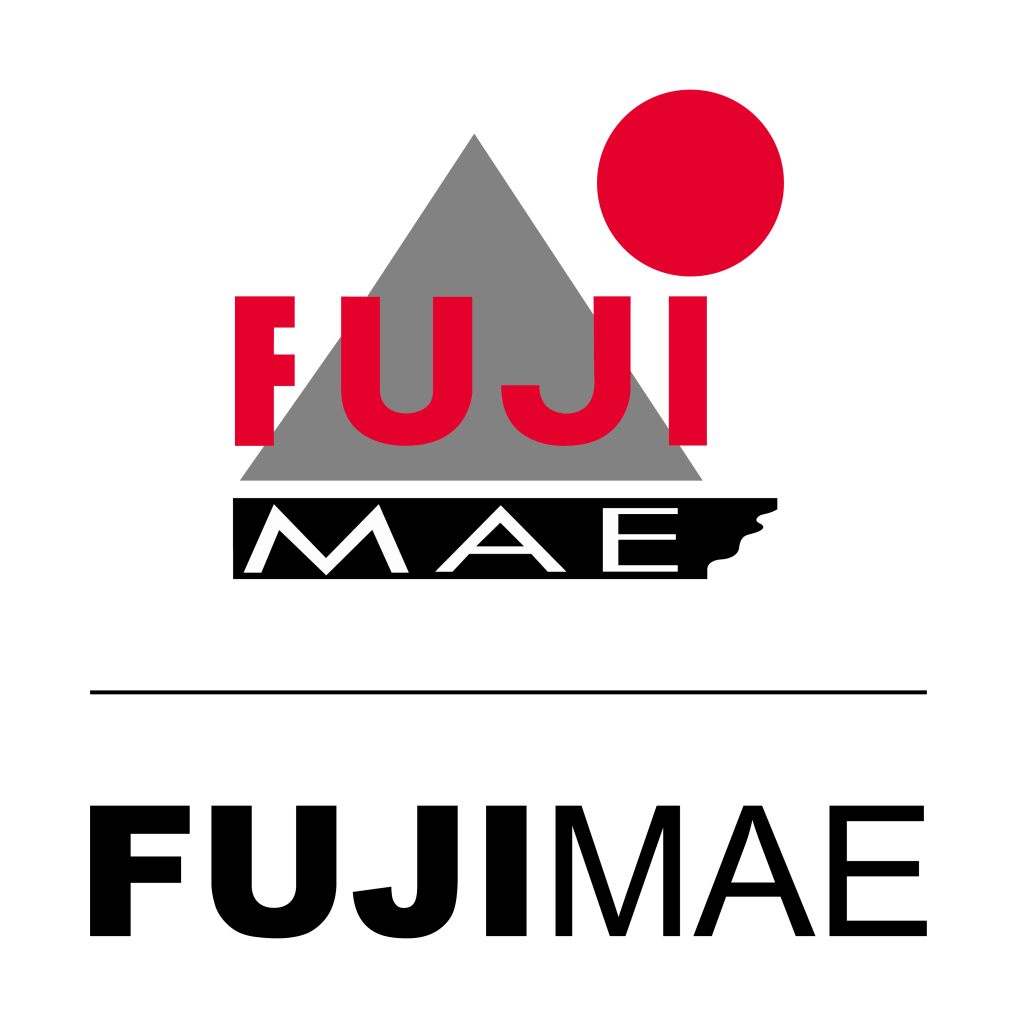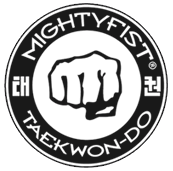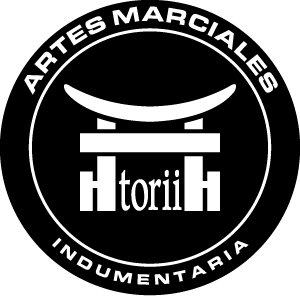Message of the President for the 49th anniversary of TaeKwon-Do

What is Taekwon-Do?
Taekwon-Do is a form of martial art. It was developed by General Choi Hong Hi in Korea. The name was adopted on April 11, 1955, by a committee chaired by General Choi Hong Hi. Originally, the name was written in three words: “Tae Kwon Do”.
What is the meaning of the words “Tae”, “Kwon” and “Do”’?
According to a literal translation provided by General Choi Hong Hi in the Encyclopedia of Taekwon-Do (volume 1, page 21),
- “Tae” stands for jumping or flying, to kick or smash with the foot;
- “Kwon” denotes the fist – chiefly to punch or destroy with the hand or fist;
- “Do” means an “art” or “way” – the right way built and paved by the saints and sages in the past.
Put more simply,
- “Tae” means “foot”;
- “Kwon” means “hand”;
- “Do” means “art” or “way”.
Therefore, taken collectively and literally, “Taekwon-Do” means “the way of the foot and the hand”. In the Encyclopedia of Taekwon-Do (volume 1, page 21), General Choi defines “Taekwon-Do” as the mental training and the techniques of unarmed combat for self-defence as well as health, involving the skilled application of punches, kicks, blocks and dodges with bare hands and feet to the rapid destruction of the moving opponent or opponents
General Choi mentioned that, in the beginning (1955), his newly designed martial art was not well known. To ensure the correct pronunciation of the name of the art, he preferred to writ it as three separated words: “Tae Kwon Do”.
Since 1972, the name is written as follows: “Taekwon-Do”. General Choi explained that the change was made to highlight the need for balance between physical (“tae” and “kwon”) and mental training (“do”).
How did Taekwon-Do evolve?
As a martial art, Taekwon-Do (TKD) was originally intended as:
- a form of self-defence;
- a mean of improving one’s behaviour and building a better society.
TKD has been accepted as an Olympic sport (WTF), and some instructors and practitioners have preferred to focus strictly on its values as a competitive activity.
Also, General Choi worked very hard all his life to develop TKD as a martial art, particularly the technical aspect of TKD. In 1983, he published the Encyclopedia of Taekwon-Do, which comprised 15 volumes. Out of those, 14 dealt with the techniques of TKD.
In the early 1970’s, General Choi did recognize the importance of focusing on moral culture in teaching TKD. However, he was too busy with the development of the techniques of TKD to expand on the “Do”.
In his last publication, Guidebook for Moral Culture, General Choi acknowledged the need to focus as much as on the “Do” as on the techniques in teaching TKD. In this book, he expressed the wish that the next generation addresses this issue.
How will you fulfill General Choi’s wish?
As the new leader legally elected by democratic rules to succeed General Choi and on the occasion of the 49th anniversary of the founding of TKD, I hereby reaffirm to all ITF members that I am strongly committed to fulfilling that true last wish of our Founder, which he expressed publicly and freely.
In order to do so, I am taking the lead in the ITF to develop the full potential of TKD by focusing on all four facets of TKD:
- Taekwon-Do as a sport;
- Taekwon-Do as a martial art;
- Taekwon-Do as a way of life; and
- Taekwon-Do as a tool for social development.
For a more detailed description of these four facets of TKD, I invite the reader, if he or she has not already done so, to have a look at my speech ( 120 Ko) to the 14th ITF Congress Meeting in Warsaw, Poland on June 13, 2003, after my election as President of the ITF. In this speech, I also explained how we can make this four-facet vision of TKD a reality.
What is the meaning of the word “Do”?
The term “Do” comes from the Chinese word “Dao”, which means “the road”, “the way”.
We could say that a person’s life is like a road that he has to travel. On this road, he meets various challenges and has to make many decisions. Using mental training, including training in moral culture, he can identify the principles that will guide him in his efforts to develop qualities and positive behaviours. This will definitely lead him to the ultimate goal of life, which is to have happiness in life.

Is there a simple definition of the “Do”?
We could define the “Do” as “the way to become a better person and have a happier life”.
What is the role of the “Master” in TKD?
Of course, that person needs guidance or he could get lost. In Chinese culture, the guide was called “Si-Fu”, which means “Master””.
So the role of the Master is to guide his students to follow the right road. As the guide, the Master’s responsibility is enormous. This responsibility is shared between the TKD school, the education or work environment, and the family environment.
The Master was so important in Chinese culture that Confucius, a great Chinese philosopher and teacher in the 5th Century B.C., put the Master below the King but above the Father in the hierarchy of authority in society.
Therefore, it is important to understand that the role of ITF TKD teachers is not limited to teaching a technical program. The evaluation of the promotion should also be based also on the application of the philosophy, the tenets and student’s oath in ITF TKD.
There is an oriental proverb: “The animal that dies leaves behind its skin, but the human who dies leaves behind him his name“. That is why ITF teachers should honour the realizations by their students of projects beneficial to society because it should be ultimate goal for ITF members.
Where does the “Do” come from?

Religious and philosophical thinking from India and China led the development of the code of conduct for the martial arts. It includes features such as:
- Buddha’s teachings: Why do people suffer? How to develop a conscience? How to conduct oneself in life?
- Confucius’s teachings: How to be? How to conduct? How to do? How to lead?
- Lao-Tzu’s teachings: Existence and importance of the balance between Ying and Yang; guidance for moral culture.
General Choi’s philosophy as expressed in his Encyclopedia of Taekwon-Do and his guidebook on moral culture shows us that he was very much influenced by Confucius while he was developing the Tenets of TKD and the Student’s Oath.
How can we learn the “Do”?
We need to understand the purpose of life, which is to search for happiness.
To begin, we need to take care of the fundamental human needs: food, clothing, shelter, and medical care. However, there is no guarantee that it will make us happy, even with abundance of money or high position in society.
Real happiness is possible only when you live in harmony with yourself and your environment, finding internal peace. To do this, you need to believe in a value system that will help you discern the difference between good and bad, right and wrong.
There are two interesting books that explain these principles, which are in agreement with the moral culture promoted by TKD., They are accessible to everyone. These are:
- Ancient Wisdom, Modern World by 14th Dalai Lama. He wrote this book in 1999 as the proposal for the Code of Ethics for the new millennium;
- The Art of Happiness by 14th Dalai Lama and Howard Cutler.
Here are some key words to reflect on in your search for happiness: truth, respect,humility, generosity, tolerance, harmony, balance, peace, justice, freedom, compassion.
How can we teach the “Do”?
We have the philosophy and the tools as developed by our Founder, General Choi Hong Hi. Now we have to adapt the tools to the age we live in.
The basic tenets of TKD – courtesy, integrity, self-control, perseverance and indomitable spirit – are the distillation of universal values. We need to teach them progressively, according to the student’s level and avoid narrow interpretations.
For example, “courtesy” can be defined as “refined politeness”. We can start by teaching our students to show mutual respect by learning how to bow and how to listen. We need to encourage our students to apply everything they learn in their everyday life. We can further explore the tenet of “courtesy” by teaching them about kindness and politeness, modesty, then gratitude and the importance of loyalty followed by helpfulness, generosity, and compassion.

Of course, it is essential that the teacher always set a good example. We cannot teach our students to “do as I say, not as I do”. By using examples and telling anecdotes to illustrate philosophical and moral concepts, we will help our students to understand better and to remember what we teach them.
We should not forget to warn our students about the dangers of misinterpretation. For example, “loyalty”, defined as “gratitude to a person, organization, or cause”, is an important component of “courtesy”. However, “blind loyalty” can lead to unhappiness. Therefore, if we witness what seems to be an abuse of loyalty, we must rely on our value system to help us make the right decision about the proper attitude and actions to take. And, of course, we should always act respectfully.
Here are some key words and thoughts about the other basic tenets of Taekwon-Do:
- Integrity
- Be honest, be respectful of the truth and established rules, be sincere.
- Self-control
- Be calm, control your emotions.
Reflect on the consequences of your actions before acting.
Confucius suggests to turn your tongue seven times before speaking and not to do anything to another if you would not want someone to do it to you.
- Perseverance
- Be constant in working towards goals in life.
Analyze failures and make adjustments in order to succeed.
Structure of Kups (grade colors) and Black Belt Degrees help to develop perseverance.
We build self-esteem by cumulating small successes, gaining strength and the ability to persevere.
- Indomptable spirit
- Stand up for the values and the causes you believe in.
Remember that justice requires courage in life.
Develop a good attitude when facing difficulties.
In order to ensure the integration of the above moral values of TKD, we need to evaluate ourselves periodically in terms of how we have complied with each tenet of TKD by going over what we have done during the last period. We need to analyze each situation and correct the wrong behaviour or attitude for the future. Good compliance with the tenets of TKD should to be brought to the attention of others as modelling of good behaviour can have positive influence on others. By using this method, we will become better citizen and we will contribute to building a better society where peace, justice and freedom will prevail.
What is in the future for ITF teachers?
The teaching of the “Do” is a priority objective for the ITF. Since last year, we have integrated the introduction to the teaching of the “Do” in the program of the ITF International Instructor Courses. A well-structured program with objectives for each level, powerful tools, and training for teachers (Grand Masters, Masters and Instructors) at all levels should be ready for early 2005.

Why the emphasis on the “Do” now?
Because:
- Our Founder designed our technical system so well that we only need to fine tune it. Therefore, we can devote more time and effort to put in place what is needed for an effective teaching of the “Do”.
- Students are so eager to learn about the “Do” that they are asking to learn more about it.
- It is our responsibility to teach not only about “how” but also about “why” when teaching certain subjects related to mental and moral training, such as the protocol, the tenets, the student’s oath and the philosophy of ITF TKD.
- It will open the door for all ITF affiliated organizations to work with the education sector. For example, ITF TKD could be included in after-school programs with valuable content produced by the ITF.
Conclusion
The philosophy of Taekwon-Do can be summed by using the last two statements of the ITF Student’s Oath:
- I shall be a champion of justice and freedom.
- I shall build a better and a more peaceful world.
By practicing ITF TKD and living in accordance with its fundamental values, we will become good citizens and be able to help build a better world.
I trust that the above explanations will convince all of you of the importance of teaching the “Do”. I expect all ITF instructors to act energetically and without delay to include mental and moral training in their teaching program.
I believe very strongly that, by teaching the “Do”, we will accomplish our mission as the “guide” helping our students to live up their oath and to develop into good citizens who will help improve the society they live in.
Written at Bathinda City, State of Punjab, northern part of India
April 11, 2004
Master Trân Trieu Quân

Black Belt 8th Degree
ITF President















